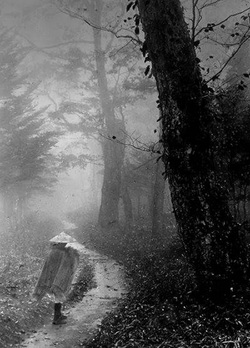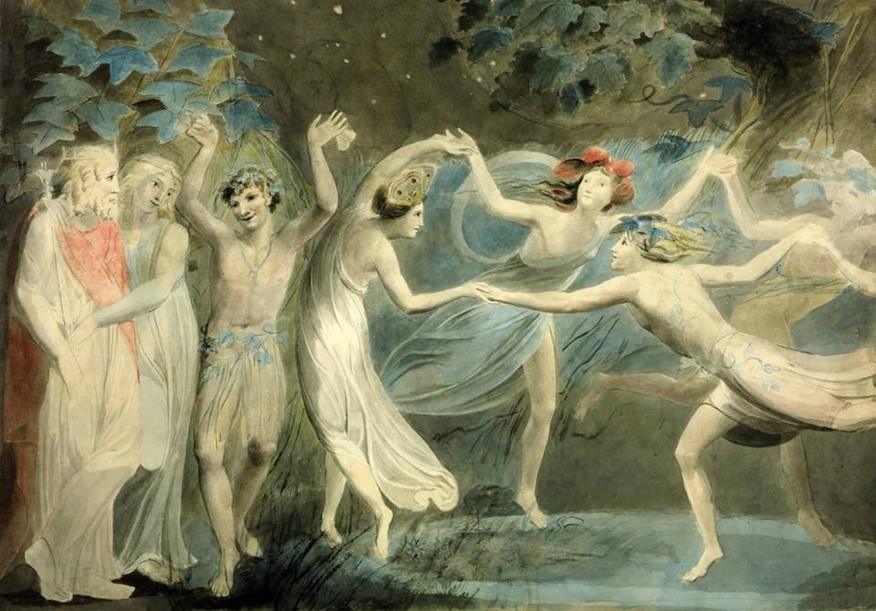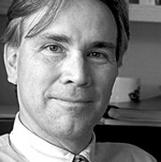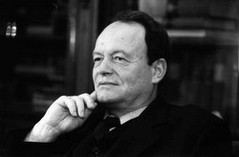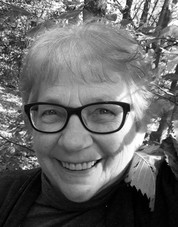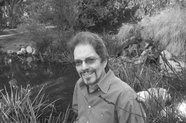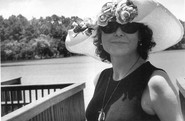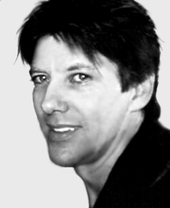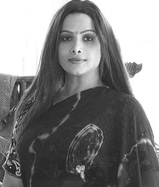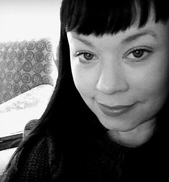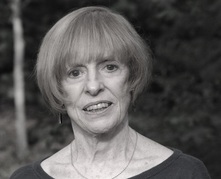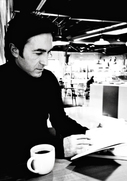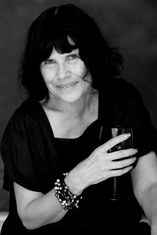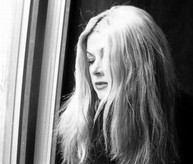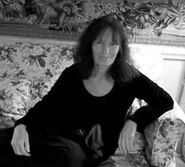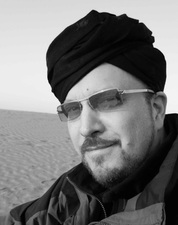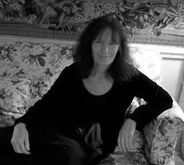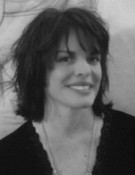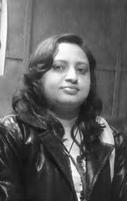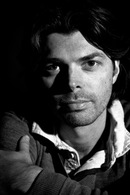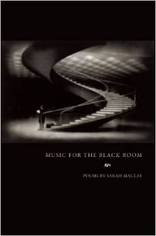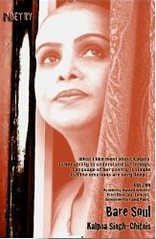Issue XX May 2014
A knife turns out to be sharper and more lustrous upon rubbing. Over the past seven years we have endeavored filling this journal with fresh concepts and contemplation. Ups and downs were like hypnotizing waves. The combined effect of roaring and splashing sounds of these waves coming out from somewhere in the core of the vast ocean of poetics has always rendered an undying curiosity in me to dive into its depths.
Neither do I see any island in front to rest nor have I gained the power to dive deep and touch its floor.
So the voyage continues and here we are- framing another map for our readers and followers.
It’s dark all around.
Each movement of our limbs and
our muse of being stable
shiver each night as candle wicks.
Still the earth rotates.
Even dead leaves find a reason to dance with storms.
Let air, fire, water and soil have our worries today
and let us rotate like bare spirits.
Let’s dance and rise like twisters
and become the poetry of this creation.
I convey my thanks to Hélène Cardona for knitting together such a wonderful issue. I feel the issue has enough material to be enjoyed, relished and quench the thirst of one’s literary self.
Sonnet Mondal (Editor in Chief)
Neither do I see any island in front to rest nor have I gained the power to dive deep and touch its floor.
So the voyage continues and here we are- framing another map for our readers and followers.
It’s dark all around.
Each movement of our limbs and
our muse of being stable
shiver each night as candle wicks.
Still the earth rotates.
Even dead leaves find a reason to dance with storms.
Let air, fire, water and soil have our worries today
and let us rotate like bare spirits.
Let’s dance and rise like twisters
and become the poetry of this creation.
I convey my thanks to Hélène Cardona for knitting together such a wonderful issue. I feel the issue has enough material to be enjoyed, relished and quench the thirst of one’s literary self.
Sonnet Mondal (Editor in Chief)
Editorial
Before writing, poetry was the oral tradition. The poet, historian, held the knowledge of where the people came from was second only to the king. The poet makes or breaks one by recounting exploits or failures. Who are William Dawes and Samuel Prescott? They strode alongside Paul Revere on Henry Wadsworth Longfellow’s famous midnight ride yet went unmentioned in the poem. Sixteen-year-old Sybil Ludington rode twice as far that night doing the same, but her name is less illustrious because no one wrote a poem about her. In 1821’s “The Defence of Poetry" Shelley claimed "poets are the unacknowledged legislators of the world".
Poetry can be a multi-dimensional language, speaking to all the senses, to intelligence, emotion, imagination, to convey the unsayable. To quote Américo Ferrari, there is "an unspeakable where, perhaps, the nucleus of the living relation between the poem and the world resides." Responding to the question, How does poetry help people to live their lives, W.S. Merwin answered, “The source that rises unbroken from the unsayable speaks to us of the impulse and mystery that we share with every living creature. The urge is meaningless, like the unknown itself, and in the end remains, by nature, unsayable.” Georges Bataille wrote that "It is possible that the impossibility of poetry is itself the condition of poetry."
Poetry redeems, heals, changes lives, has the power to bring us together by unifying experience. It is both personal and universal. It enriches and contributes to the fullness of a human life. It invents language to celebrate and honor. Makes us think, wonder, and opens us up to re-engage with the world and to the mystery.
Poetry opens a window into the subconscious and allows us into another reality in ourselves. It opens and reconnects us to other dimensions within ourselves that remain closed to the conscious mind. It awakens and nourishes the imagination. It is a door to the unknown, mysterious, unexpected, miraculous. It leaves us astonished, in awe, in the presence of the Divine. Poets, literary translators and artists assume the roles of intermediaries, technicians, magicians, shamans and alchemists. Arthur William O’Shaughnessy writes that “We are the music makers,/ And we are the dreamers of dreams,/ Wandering by the lone sea-breakers,/ And sitting by desolate streams:/ World-losers and world-forsakers,/ On whom the pale moon gleams;/ Yet we are the movers and shakers/ of the world forever, it seems.”
For me, poetry is a process of self revelation, an exploration of hidden dimensions in myself, and it is also at the same time a way to become myself, a process of individuation I try to create throughout my life - a profound experience of the fundamental interconnection of all in the universe. Moreover, writing is cathartic as it extends a search for peace, for serenity, rooted in a desire to transcend and reconcile the fundamental duality I see in life. Ultimately, I seek expansion of consciousness.
So with immense gratitude to Sonnet Mondal and The Enchanting Verses I present to our readers these inspired texts, bridging cultural differences, geographic distances, and awakening the imagination, in our attempt to re enchant the world.
Hélène Cardona (Guest Editor, ISSUE-XX)
Before writing, poetry was the oral tradition. The poet, historian, held the knowledge of where the people came from was second only to the king. The poet makes or breaks one by recounting exploits or failures. Who are William Dawes and Samuel Prescott? They strode alongside Paul Revere on Henry Wadsworth Longfellow’s famous midnight ride yet went unmentioned in the poem. Sixteen-year-old Sybil Ludington rode twice as far that night doing the same, but her name is less illustrious because no one wrote a poem about her. In 1821’s “The Defence of Poetry" Shelley claimed "poets are the unacknowledged legislators of the world".
Poetry can be a multi-dimensional language, speaking to all the senses, to intelligence, emotion, imagination, to convey the unsayable. To quote Américo Ferrari, there is "an unspeakable where, perhaps, the nucleus of the living relation between the poem and the world resides." Responding to the question, How does poetry help people to live their lives, W.S. Merwin answered, “The source that rises unbroken from the unsayable speaks to us of the impulse and mystery that we share with every living creature. The urge is meaningless, like the unknown itself, and in the end remains, by nature, unsayable.” Georges Bataille wrote that "It is possible that the impossibility of poetry is itself the condition of poetry."
Poetry redeems, heals, changes lives, has the power to bring us together by unifying experience. It is both personal and universal. It enriches and contributes to the fullness of a human life. It invents language to celebrate and honor. Makes us think, wonder, and opens us up to re-engage with the world and to the mystery.
Poetry opens a window into the subconscious and allows us into another reality in ourselves. It opens and reconnects us to other dimensions within ourselves that remain closed to the conscious mind. It awakens and nourishes the imagination. It is a door to the unknown, mysterious, unexpected, miraculous. It leaves us astonished, in awe, in the presence of the Divine. Poets, literary translators and artists assume the roles of intermediaries, technicians, magicians, shamans and alchemists. Arthur William O’Shaughnessy writes that “We are the music makers,/ And we are the dreamers of dreams,/ Wandering by the lone sea-breakers,/ And sitting by desolate streams:/ World-losers and world-forsakers,/ On whom the pale moon gleams;/ Yet we are the movers and shakers/ of the world forever, it seems.”
For me, poetry is a process of self revelation, an exploration of hidden dimensions in myself, and it is also at the same time a way to become myself, a process of individuation I try to create throughout my life - a profound experience of the fundamental interconnection of all in the universe. Moreover, writing is cathartic as it extends a search for peace, for serenity, rooted in a desire to transcend and reconcile the fundamental duality I see in life. Ultimately, I seek expansion of consciousness.
So with immense gratitude to Sonnet Mondal and The Enchanting Verses I present to our readers these inspired texts, bridging cultural differences, geographic distances, and awakening the imagination, in our attempt to re enchant the world.
Hélène Cardona (Guest Editor, ISSUE-XX)
Enchanting Poet
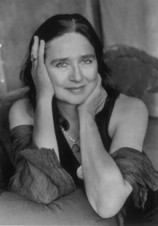
_________________________________________________________________
Other Poets and Poems
|
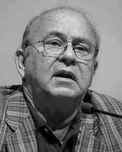
|

Poems by Pedro Serrano
Translated from the Spanish by Katherine Silver |
___________________________________________________________________________
Research & Essays
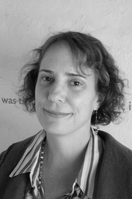
Alchemy’s Drama: Conflict, Resolution and Poiesis in the Poetic Work of Art by Michelle Bitting
Trickster at the African Crossroads and the Bridge to the Blues in America Michelle Bitting
_________________________________________________________________________
Book Reviews
|
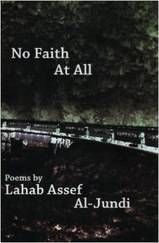
No Faith At All by Lahab Assef Al-Jundi Reviewed by Imene Bennani Pecan Grove Press (2014) (The Louis J. Blume Library, St. Mary's University) ISBN-13: 978-1937302146 Read the review here |
©2014 The Enchanting Verses Literary Review
NO PART OF THE CONTENTS OF THE ISSUE-XX OR THE WEBSITE CAN BE COPIED FOR COMMERCIAL OR OTHER PURPOSES WITHOUT THE WRITTEN PERMISSION OF THE ENCHANTING VERSES LITERARY REVIEW
